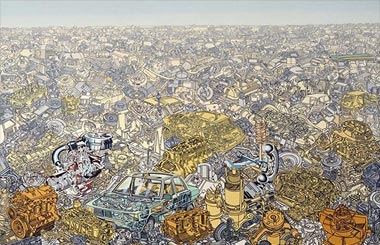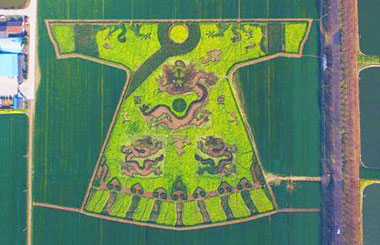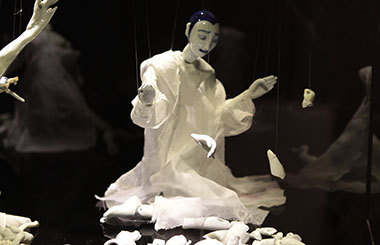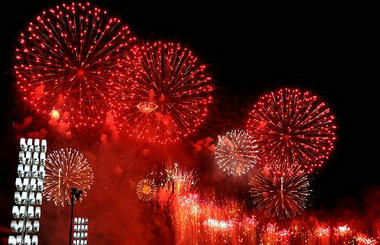Bookshops: Talk of demise is exaggerated
By Yang Yang ( China Daily ) Updated: 2016-03-26 16:11:07
|
The Librairie Avant-Garde in Nanjing, Jiangsu province. [Photo/China Daily] |
"While a lot fail, many others still exist and are even expanding, which means people still need bookstores," he says, sitting at the Blackpages Cafe in the bookstore and sipping coffee called Longing for Caffeine from a cup he tops up once in a while from a pot.
Other coffees available in the cafe include Bonjour Tristesse, Tender is the night, On the Road and Trainspotting, all named after novels.
"The question is whether the old ways can meet consumers' expectations anymore," says Lang.
At Librairie Avant-Garde in Nanjing, I order a latte as I wait for Zhang Xing, the operations director, in the cafe. He has worked there for 10 years, half of the bookstore's life, including in 2008, when the founder, Qian Xiaohua, decided to start producing culturally creative products as he tried to withstand the onslaught of e-commerce.
"The time for traditional bookstores has gone forever," says Zhang. "They sell books only, but the new fashion is to diversify. Bookstores are going through a transformation, and each newly opened bookstore has its own characteristics."
He agrees with Lang that "in a new era readers have new expectations for bookstores".
"Now readers pay more attention to what happens in the space, because they come here not only to buy books, but to communicate with friends, for the exhibitions, to attend a lecture or to learn a skill, which means that bookstores will become a comprehensive cultural space. Eventually all bookstores will be like this, otherwise they are not going to survive."
These days many bookstores have space set aside for lectures and discussions. Periodically they host exhibitions and meetings with writers.
|
|
|
|
|
|
|
|
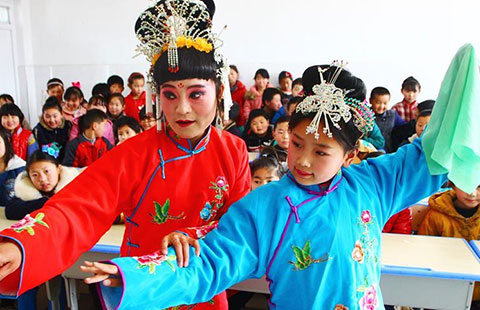
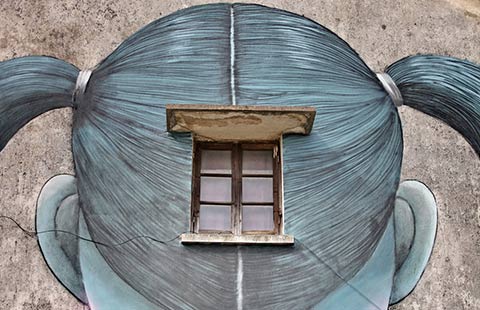
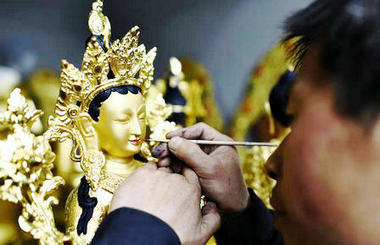


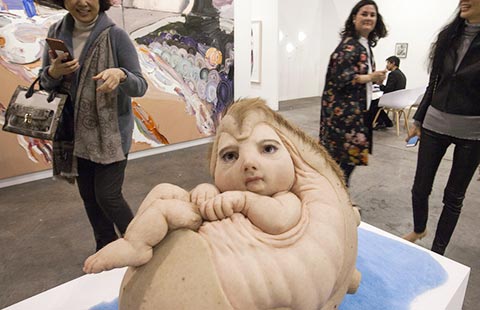
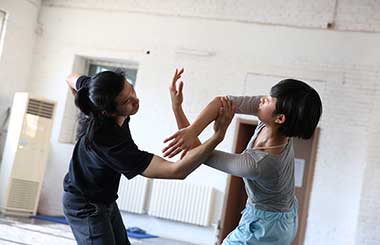
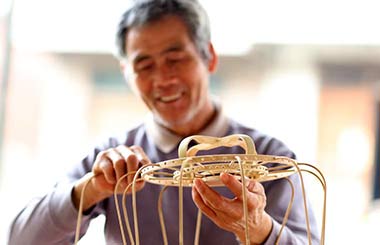






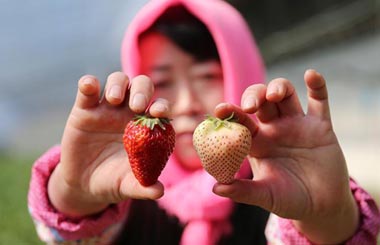
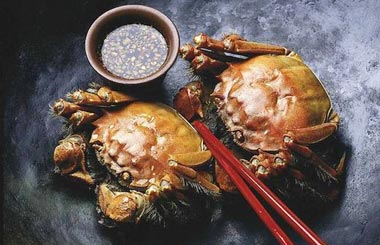
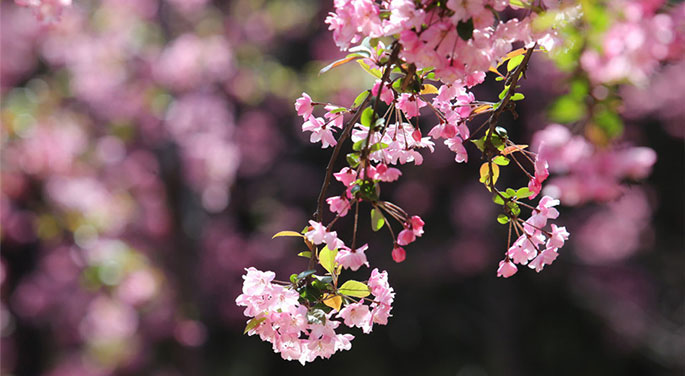

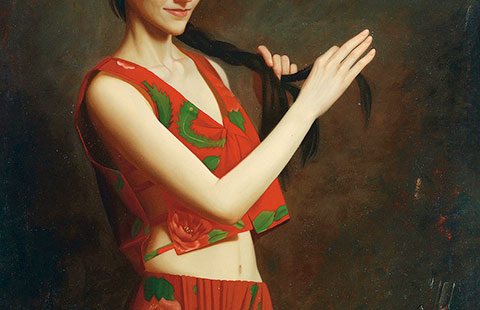
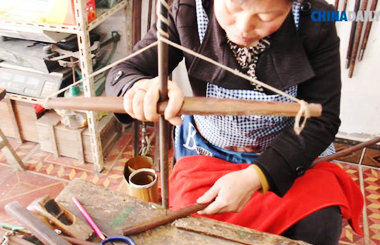


 Raymond Zhou:
Raymond Zhou: Pauline D Loh:
Pauline D Loh: Hot Pot
Hot Pot Eco China
Eco China China Dream
China Dream China Face
China Face

